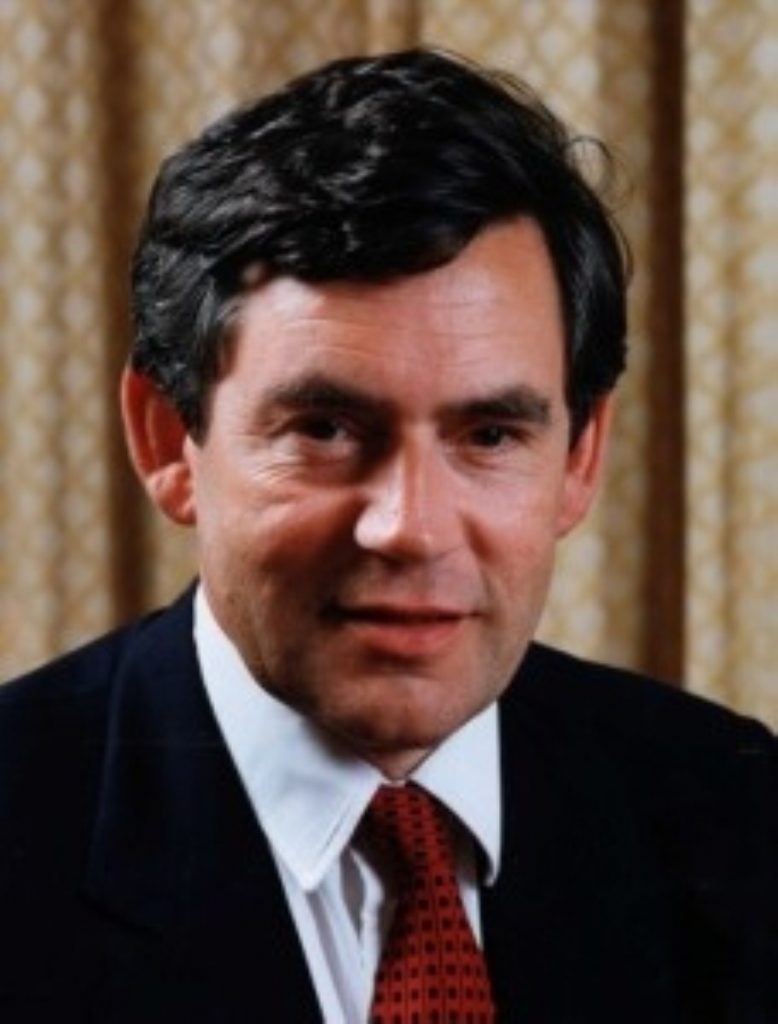Security boost from Brown
The Chancellor has unveiled a 10 per cent annual real terms rise in spending on national security.
In his Comprehensive Spending Review (CSR) statement to the Commons, Mr Brown said: “Our first duty is the defence and protection of all citizens of our country.”
He told MPs that: “Recent events demand we strengthen not just our national security, our capacity to prevent terrorist incidents, but our national resilience, our capacity to respond.”
In this spending review all security costs have been brought within one national security budget.


Overall, security spending will rise from £950 million in 2001 and £1.5 billion this year to reach £2.1 billion in 2007-08.
The civil defence system will also be abolished, and an alternative framework for civil protection, including a doubling of funds for local authority emergency planning, will be developed.
Mr Brown told MPs that in recognition to the “debt of gratitude” the country owes the Armed Forces there will be an annual real terms increase of 1.4 per cent, exceeding the last Spending Review’s settlement, which he said had been the most generous settlement in 20 years.
This ran contrary to speculation in a number of newspapers that the Ministry of Defence (MoD) would suffer a budget cut.
The funding increase is separate to the budget for the war in Iraq and Afghanistan, which the Chancellor said he would continue to meet “in full” from the Reserve.
In addition, Mr Brown announced an increase to the Defence Modernisation Fund so that by 2008 it will be worth £1 billion. This, he said, would enable the MoD to “modernise for the long term”.
Funding for the Foreign Office will also rise in recognition of the increased costs of providing embassy security, Mr Brown said, by 1.4 per cent annually to £1.6 billion by 2008.
There will be no cuts in funding to the British Council or BBC World Service.












